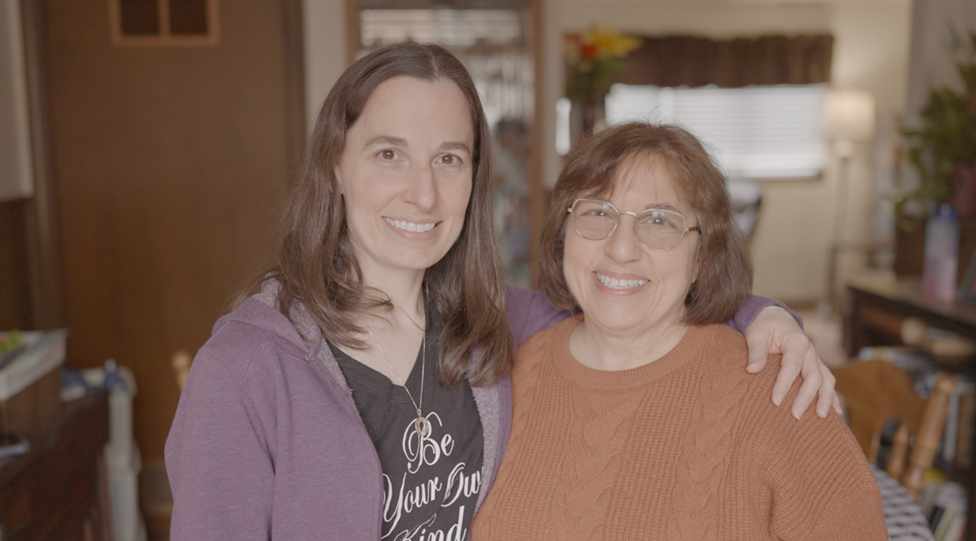
Healthcare Proxy: What it is, Why it Matters, and What it Should Include
When caring for a loved one, advanced planning is key. This holds especially true when medical needs become complex to the point where the person you care for is incapable of taking care of him or herself. A healthcare proxy is the legal document designed for situations where a person becomes incapacitated due to illness or injury. It falls under the umbrella of legal documents called advanced directives, which gives a person the right to act on another’s behalf in certain situations.
There are three common types of advanced directives:
- A living will—this grants a person the right to act on another’s behalf if they become incapacitated and unable to make decisions pertaining to treatment that keeps them alive.
- A power of attorney—this is similar to a living will, but relating to legal and financial matters.
- A healthcare proxy—pertains specifically to healthcare decisions when someone is incapacitated due to illness or injury.
found that only a third of adults in the United States have any form of advance directive, leaving them vulnerable to life decisions that could go against their wishes. Read on to learn more about healthcare proxies, why you might need one, and how to request or create the document.
How is a Healthcare Proxy Used?
In cases where someone is affected by a stroke, Alzheimer’s disease, or any other condition that takes away their ability to make decisions, a healthcare proxy identifies another person as a “proxy” or “healthcare surrogate” who can make medical decisions on their behalf. This person could be yourself, or another family member or friend that the person you care for is certain would act according to their wishes.
Decisions that could be made by a healthcare surrogate include medical treatments, surgeries, end-of-life care, and assisted living arrangements. A healthcare proxy applies only when a person is incapacitated. If they were to recover to the point of being coherent, it would no longer be in effect.
Who Needs a Healthcare Proxy?
Accidents or sudden health emergencies could happen to anyone, but people with pre-existing conditions or an early diagnosis for a degenerative disease could have especially strong reasons to prepare the document. It’s also a recommended step for anyone over the age of 60. Like many life decisions, medical and end-of-life care are very personal choices, and a healthcare proxy is a relatively easy way to document a loved one’s wishes in the event that they can no longer properly express them.
What to Include in a Healthcare Proxy
Some examples of information that may be included in a healthcare proxy are:
- Personal views about health and wellness
- Chosen healthcare providers and locations
- Thoughts regarding end-of-life care, hospice, and death
- Preferred medical treatments
- Religious beliefs
The aim of a healthcare proxy is to give your loved one peace of mind that any medical care they have strong feelings about will be arranged as they desire, even if they are unable to make decisions for themselves. As such, it’s important to include any details around your loved one’s care that could impact medical decisions in question. Equally important is selecting a healthcare surrogate whom your loved one trusts completely.
How to Get a Healthcare Proxy
There are some useful online resources to help you create a basic healthcare proxy from a template. Healthcare proxy laws vary state-by-state, and it’s recommended to consult with a legal professional to be sure you’re meeting the requirements for your situation. Many attorneys that specialize in elder law can also create a healthcare proxy for you at a reasonable cost.
A healthcare proxy is an important and meaningful legal document that relieves worry around future medical care your loved one might receive. Clarifying their exact wishes while they are still able to do so reduces the confusion and stress of a medical emergency. Fortunately, healthcare proxies are accessible for anyone at risk of becoming incapacitated to officially declare their personal beliefs and desires for medical care.
More insights like this:
-

What Is a Family Caregiver?
Read more: What Is a Family Caregiver?Caregivers, often family members, are the people who regularly provide care for a child or adult who is sick, elderly, or has a disability. Family caregivers take care of their loved ones every day. They help with daily tasks, providing emotional support, and assist with whatever their loved one may need. “Many people…
-

7 Immune System Booster Tips for Seniors
Read more: 7 Immune System Booster Tips for SeniorsThe immune system is the body’s first line of defense against viruses and infections, but the aging process can weaken the immune system. Throughout the COVID-19 pandemic, this became an increased concern for the caregivers of older or immunocompromised adults, as the risk of more severe symptoms and outcomes was much higher in these…
